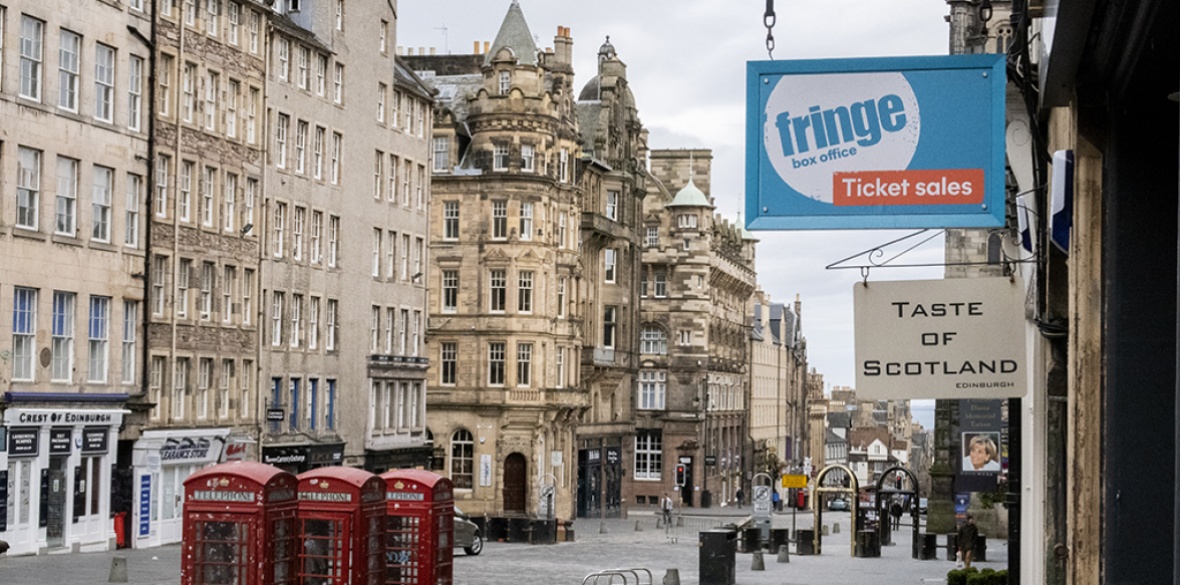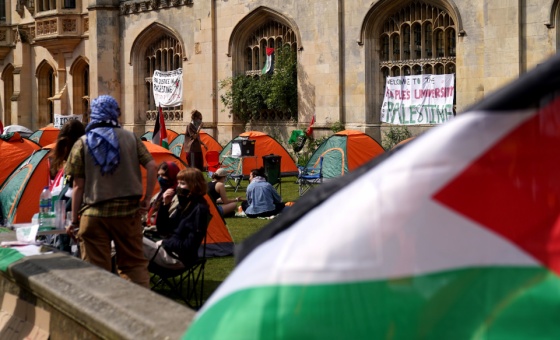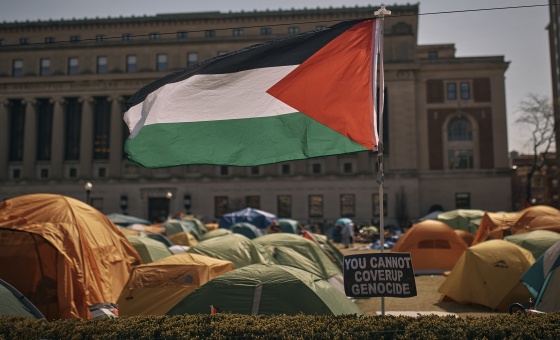This is the last article you can read this month
You can read more article this month
You can read more articles this month
Sorry your limit is up for this month
Reset on:
Please help support the Morning Star by subscribing here
AS THE impact of the Covid-19 pandemic continues to reach into every part of our lives, the announcement on April 1 to confirm cancellation of the five summer Edinburgh festivals was devastating for the arts and culture sector, for businesses in Edinburgh and for the wider economy.
The Edinburgh International Festival was first held in 1947, an inspiring and forward-looking endeavour to “celebrate the human spirit” and bring people together through arts and culture in the shadows of the devastation of the second world war.
It has taken place every year since, now with an audience of over 400,000 and with a programme that includes school outreach work and community engagement throughout the year alongside the internationally acclaimed performances during the month of August. It has never before been cancelled.
The fringe arose alongside the international festival as, famously, EIF director of the time Rudolf Bing took the view that there was no place for working-class theatre productions in the new festival.
Glasgow Unity Theatre and a few other companies took a different view, and the fringe soon took its place in Edinburgh alongside the international festival.
An open-access festival, the fringe has now become the largest arts festival in the world. In 2019, over 30,000 artists put on 3,841 shows in 323 venues across the city.
The military tattoo, conceived as a specific event at Edinburgh Castle in 1950 and held every year since, brings a huge cast of performers together, with sold-out nights being broadcast around the world.
The International Book Festival, started in 1983, brings together over 900 writers, poets, politicians, illustrators and journalists with audiences to discuss, read, learn and share ideas for three weeks in August each day.
The Edinburgh Arts Festival was founded in 2004, providing a platform for visual arts across the city, linking galleries, museums and public art spaces.
Scottish government Cabinet Secretary for the Economy, Fair Work and Culture Fiona Hyslop MSP highlighted that these five festivals welcome audiences of 4.4 million and over 250,000 artists, writers and performers from 70 countries, making them the second-biggest cultural event in the world after the Olympics. She expressed the government’s disappointment, while confirming that this was indeed the only option.
However, she confirmed that “the Scottish government will work with the festivals and all partners to ensure they can build on their previous success and return to the stage in 2021.”
All involved are only too aware of the economic impact. For those involved in events management and production, the cancellation of these five festivals adds to the loss from many other festivals and smaller events around Scotland.
Scottish Tourism Alliance chief executive Marc Crothall said: “The news that Edinburgh’s five August festivals will not go ahead this year is hugely disappointing for all involved with Scotland’s tourism industry and for the many hundreds of businesses in Edinburgh from across all sectors of the economy who look forward to the August programme and enjoy many extended benefits from it.”
For the trade-union movement there are many challenges ahead as a consequence of these festival cancellations.
Edinburgh Trades Council has had a connection with the International Festival since 1947, with a place on the EIF board. In recent years ETUC has been able to work with affiliates to support events within the EIF programme.
Des Loughney, ETUC secretary, said “Edinburgh Trades Union Council … continues to value the EIF’s relationship with the wider trade-union movement. The ETUC will continue to work with the board of the Edinburgh International Festival in ensuring everything possible is done for that future.”
Des also acknowledged the workforce at the EIF: “The ETUC particularly commends the support given to the whole Edinburgh International Festival workforce in this challenging time through the protection of terms and conditions and keeping contracts in place.”
There is a large seasonal workforce associated with all five festivals and this has been recognised, although not yet with details, in Hyslop’s statement: “I am committed to looking into support for seasonal staff who will suffer some of the greatest impact.”
More widely, with regard to the Covid-19 impact on the creative sector, Creative Scotland has recently announced three streams of funding for the emergency situation and Arts Council Wales has also allocated distinct financial resource for the creative sector through an economic resilience fund.
Bectu, Equity, NUJ, and the Musicians Union are among those who have been speaking up loudly and making representation at every level to ensure their members can continue both to practise their professions and to protect livelihoods and households.
Many of these members do not fit into the government’s furloughed workers scheme nor the offers to small businesses or the self-employed, and collectively we must work to find solutions that ensure the whole sector continues.
Edinburgh City Council, as a key funder of the international festival, has already indicated that funding allocations promised will remain in place.
And the good work that had been developed through initiatives such as the council commitment to the Fair Fringe campaign in 2017, which tightens controls on safe working and suitable venues and payment of the living wage as a minimum, must not be lost.
As the festivals find ways of using online platforms to promote and share work, the trade-union movement must be at the heart of ensuring access to arts and culture is not lost, that skills are treasured and protected and that the workforce is given the best support it can be given in these difficult times.
Ann Henderson is a member of the Edinburgh International Festival board. She writes here in a personal capacity.












